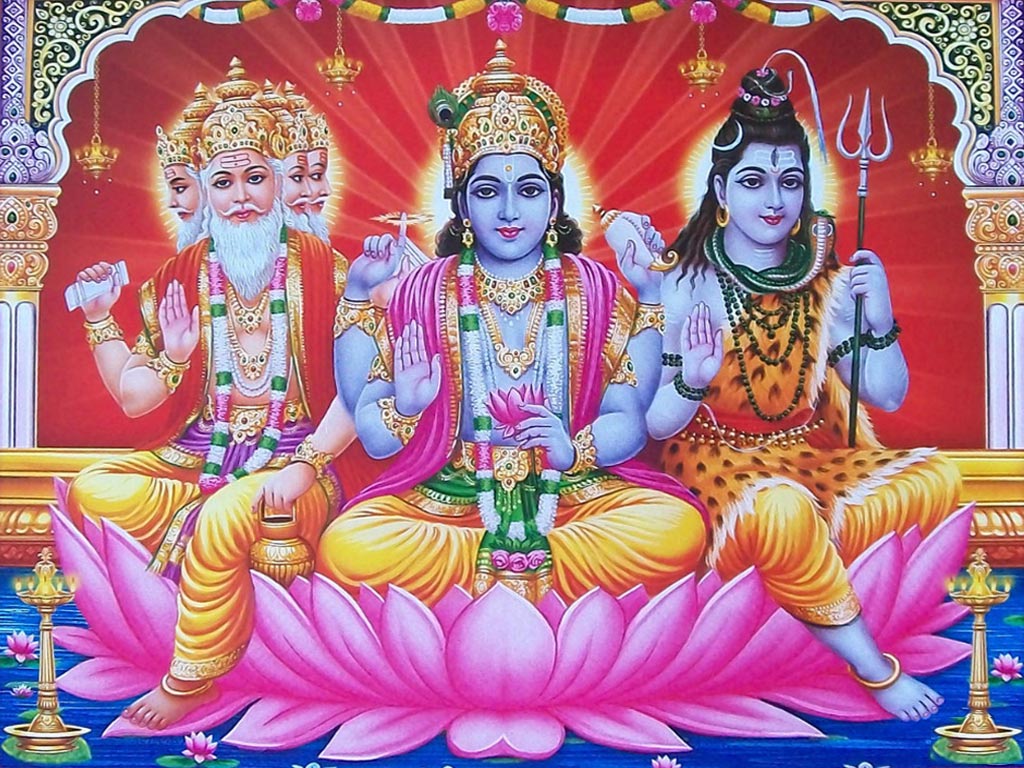prasad1
Active member
Krish44's post in another thread prompted this post.
I am a man married to a career woman and a successful daughter residing in the USA.
So this is not my personal experience but an observed one.

 www.tamilbrahmins.com
www.tamilbrahmins.com
A woman who rides the success wave as an underwater photographer or a pilot, financial adviser, management consultant, pearl diver, bartender, bus driver or police officer, is very often suddenly swung back looking for answers after she is delivered of a child.
And there comes a phase when she has to choose between motherhood and a thriving career. The former takes precedence for many as it becomes the purpose for the latter to exist. As C.S. Lewis said, “The homemaker has the ultimate career. All other careers exist for one purpose only — and that is to support the ultimate career. ” Motherhood surely answers the existential crisis, spurts inner growth, shuns materialistic desires, and above all, is a spiritual discourse with the almighty. But the problem arises when motherhood is chosen over career.
The Associated Chambers of Commerce and Industry conducted a survey in 2015 that revealed that a growing number of highly educated women in urban India are abandoning their professional lives to become full-time mothers as raising children side by side with pursuing a career has become too complex a task. Assocham interacted with over 400 mothers in the 25-30 age group in 10 cities to find out about their employment-related decisions after motherhood.
According to a 2013 World Bank study, only 27% of women aged over 15 was found to be working in India. This is the lowest rate of women’s participation in any workforce among the Brics (Brazil, Russia, India, China and South Africa) countries. The figure is the highest in China, at 64%.
---------------------------------------------------------------------------------
A scene from English Vinglish comes to mind where Sridevi reiterates the essence of a strong woman. She is at her sister’s place in New York to help her plan a family wedding. When her niece asks her if she loved the fellow-student at her English language class, she answers with certainty, “I don’t need love. All I need is respect.”
Sometimes married couples don’t even know how the other half feels. So how will they help the other? Does it mean the marriage is finished? No. That is the time you have to help yourself... Nobody can help you better than you yourself. If you do that, you will return back feeling an equal. Your friendship will return. Your life will be beautiful again.
So, look up, find and shine with purpose; everything you’ve been looking for is inside you!

 www.thehindu.com
www.thehindu.com
I am a man married to a career woman and a successful daughter residing in the USA.
So this is not my personal experience but an observed one.

Parents against marriage
I am interested in a girl(who is also a brahmin) , but my parents are against it since her brother married a widow and my parents say her family are outcastes now. My parents are orthodox . Is what my parents saying correct according to Hindu Dharma Shastra? Since her brother married a widow...
A woman who rides the success wave as an underwater photographer or a pilot, financial adviser, management consultant, pearl diver, bartender, bus driver or police officer, is very often suddenly swung back looking for answers after she is delivered of a child.
And there comes a phase when she has to choose between motherhood and a thriving career. The former takes precedence for many as it becomes the purpose for the latter to exist. As C.S. Lewis said, “The homemaker has the ultimate career. All other careers exist for one purpose only — and that is to support the ultimate career. ” Motherhood surely answers the existential crisis, spurts inner growth, shuns materialistic desires, and above all, is a spiritual discourse with the almighty. But the problem arises when motherhood is chosen over career.
The Associated Chambers of Commerce and Industry conducted a survey in 2015 that revealed that a growing number of highly educated women in urban India are abandoning their professional lives to become full-time mothers as raising children side by side with pursuing a career has become too complex a task. Assocham interacted with over 400 mothers in the 25-30 age group in 10 cities to find out about their employment-related decisions after motherhood.
According to a 2013 World Bank study, only 27% of women aged over 15 was found to be working in India. This is the lowest rate of women’s participation in any workforce among the Brics (Brazil, Russia, India, China and South Africa) countries. The figure is the highest in China, at 64%.
---------------------------------------------------------------------------------
A scene from English Vinglish comes to mind where Sridevi reiterates the essence of a strong woman. She is at her sister’s place in New York to help her plan a family wedding. When her niece asks her if she loved the fellow-student at her English language class, she answers with certainty, “I don’t need love. All I need is respect.”
Sometimes married couples don’t even know how the other half feels. So how will they help the other? Does it mean the marriage is finished? No. That is the time you have to help yourself... Nobody can help you better than you yourself. If you do that, you will return back feeling an equal. Your friendship will return. Your life will be beautiful again.
So, look up, find and shine with purpose; everything you’ve been looking for is inside you!

Between motherhood and career
The growing conflict of choices among women has many aspects to it

